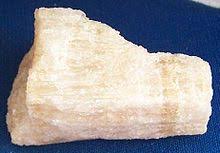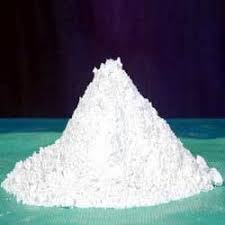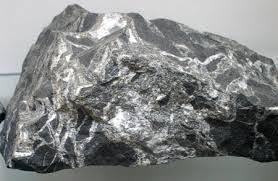Gypsum is a hydrated sulphate of calcium, found usually in clays and limestone, sometimes associated with sulphur. It is the principal commercial form of hydrated calcium sulphate (CaSO42H2O). It is usually formed by either the evaporation of salt in shallow inland seas or by the decomposition of pyrite (FeS) in the presence of calcium carbonate.
More than 90% of gypsum are used in the building and construction industry while the remaining are used in the agriculture and health sectors. Gypsum deposit also play important role as a pathfinder in the petroleum industry by virtue of the fact that the organic material commonly associated with its formation is considered as source of hydrocarbon generation and its deposits act as seal for petroleum reservoirs.
Gypsum is an important raw material in the production of Portland Cement, Plaster of Paris, School chalk, Wall board etc. Gypsum is also used extensively as a soil conditioner.
The gypsum grades from the various deposits in the country satisfy the specifications required by the cement industry. Most of the gypsum deposits have not been quantified. There is need for detailed mapping, extensive drilling, reserve evaluation, sample collection and laboratory analysis for all the gypsum deposits in the country. It has become imperative that the large deposits of gypsum in the country should be beneficiated and processed to meet the requirements in the production of crayon, chalk, Plaster of Paris, etc.
The existence of gypsum in Nigeria has been reported since 1921. Gypsum deposits are found in the sedimentary basins of the country. Identified deposits are found in Adamawa, Taraba, Yobe, Borno, Bauchi, Benue, Ogun, Sokoto, Edo, Kogi, Abia, etc
About one billion tons of gypsum deposits are spread over many sites in Nigeria. The quality of gypsum is a function of the calcium sulphate (CaSO4) content. The higher the calcium sulphate (CaSO4) content, the higher the grade and price.
This report seeks to examine the financial viability or otherwise of mining gypsum rock in Nigeria.
The business entails using mechanized method of mining to produce four thousand (4,000) tons bi- month of gypsum rocks.




